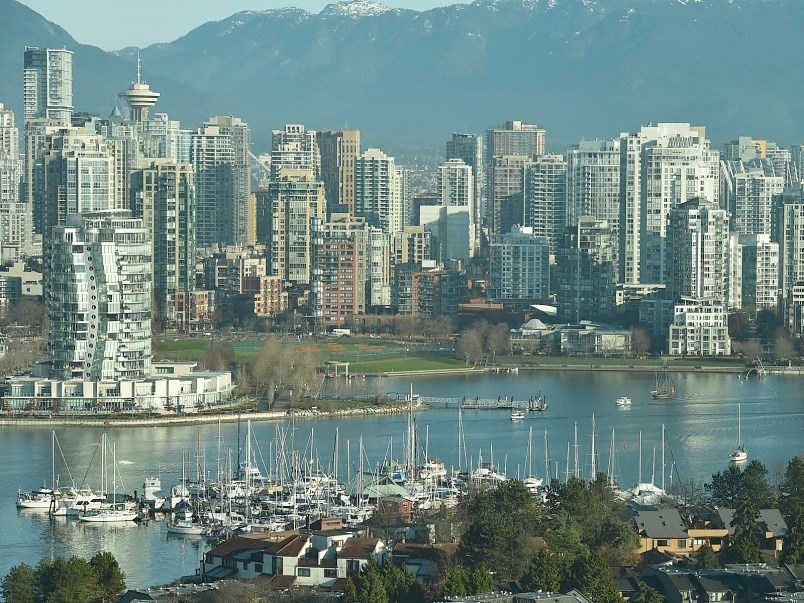A Canada Revenue Agency tax compliance program for real estate is nearing $1 billion in reassessments in British Columbia since April 2015.
Overall, the CRA has now issued $903.1 million of reassessments from 10,420 audits in B.C. alone. The audit program also operates in Ontario, where $950.8 million has been reassessed from 47,481. In total, the CRA has made $1.85 billion worth of reassessments, including penalties.
Over the past fiscal year, from March 2020 to March 2021, the tax authority issued $174 million of reassessments from 976 audits in B.C., according to its annual update on the program that examines a range of real estate transactions in relation to income and sales taxes and capital gains.
The data show auditors were less active during the pandemic. Last fiscal year’s audits in B.C. were down significantly from 2019-20, when auditors discovered $306.5 million of reassessments from 2,044 audits.
However, auditors had sharper pencils when they were working during the pandemic, hauling in $178,278 on each reassessment, on average, as opposed to $149,706 during 2019-2020.
Whereas most of Ontario’s reassessments ($583.5 million) are from GST/HST rebates for new housing, it is personal income tax matters that make up the bulk of reassessments in B.C. ($665.5 million).
Reassessments can occur due to human error, tax avoidance measures and tax evasion. Regarding the latter, CRA collected $300 million total in reaassessments in B.C. and Ontario. Of that, $54 million was for knowingly making false statements. That figure is down from $77 million in penalties during 2019-20. In B.C. and Ontario, the CRA conducted 5,424 audits during the past fiscal year, as opposed to 10,763 in 2019-20.
Penalties are a 50% surcharge on the tax reassessment, meaning 44% of all reassessments in both provinces in 2020-21 were deemed tax evasion.
The CRA looks at several aspects of real estate transactions, according to its website. For instance, auditors will consider if income reported on tax returns is sufficient to support a taxpayer’s lifestyle, including the cost and maintenance of real estate.
And so, in B.C., there are many detached home neighbourhoods where poverty level incomes are reported, thus raising the potential for tax evasion or avoidance.
“The acquisition of expensive assets, such as a high-end home, without an obvious income source, can be an indicator of potential unreported income on income tax returns,” states the CRA.
The B.C. government implemented the speculation and vacancy tax to combat unreported worldwide income. Aside from the actual tax it collects on vacant property, the required filings now link income tax filings to real estate purchases and sales.
The CRA also looks at property flipping for capital gains tax requirements. This includes flipping pre-sale condo contracts for a profit before construction is complete.
Auditors also examine the capital gains exemption for principal residences. Canadian residents are eligible for one exemption per year. A non-resident is “generally not eligible for the principal residence exemption,” notes the agency.
The CRA told Glacier Media there is no data on how much of the $1.85 billion has been collected in both provinces, however it noted a Parliamentary Budget Office recovery estimate of 81.3%, following objections and appeals.
On April 1, CRA announced charges of tax evasion against Surrey resident and developer Devender Singh Dhillon.
CRA alleges Dhillon failed to report and remit $371,735.52 in GST/HST collected from the sale of eight residential properties in North Vancouver and Surrey as director of Oakwood Homes Inc. and Elgin Oaks Homes Ltd. It is also alleged that Dhillon failed to report over $10 million in sales on the companies’ GST/HST returns, for the March 2013 to September 2015 reporting period.
There is an outstanding $3 million tax evasion case in Vancouver, announced by the CRA in December 2019, however the court files are protected by a ban and the agency will not provide an update.



